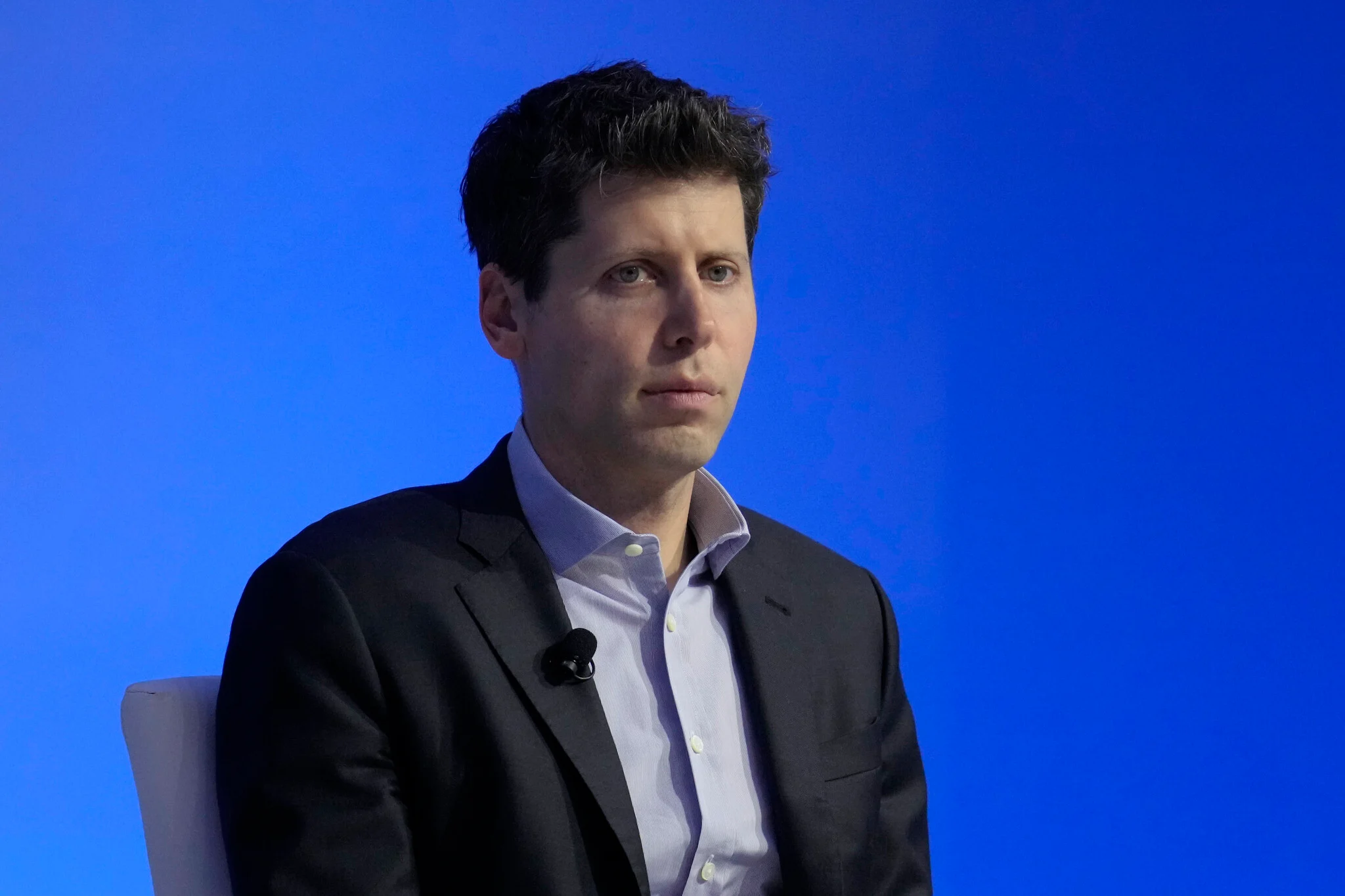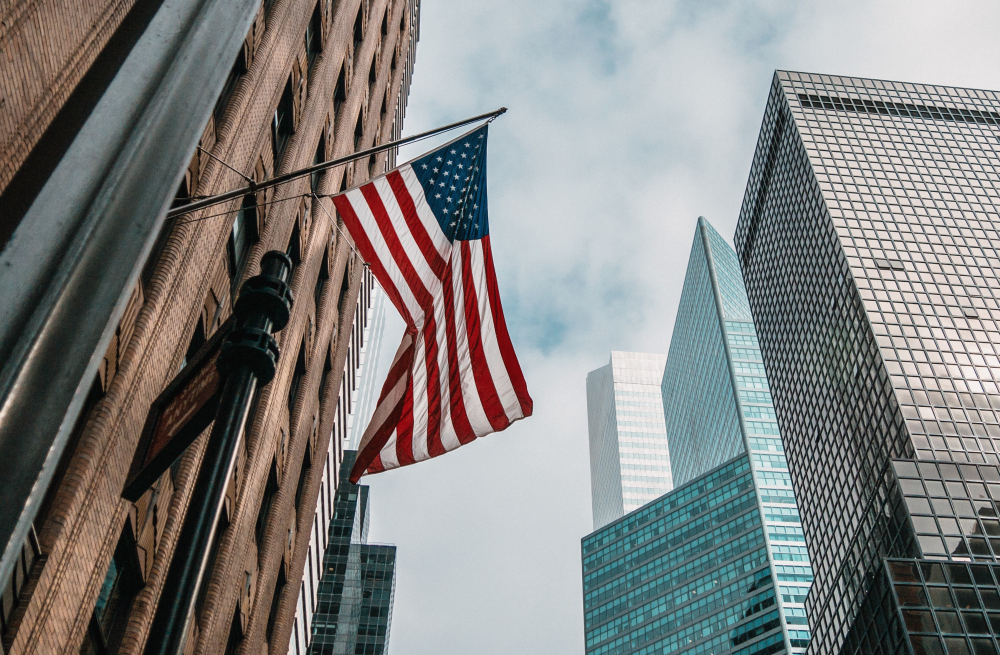A viral post circulating on social media has sparked widespread debate and concern among ChatGPT users. The claim suggests that OpenAI, the company behind the world’s most popular AI chatbot, is actively scanning user conversations and reporting flagged content to law enforcement agencies. The controversy raises questions about privacy, surveillance, and the balance between safety and free expression in the age of artificial intelligence.
The Claim
According to the post, OpenAI has begun monitoring ChatGPT conversations and sharing flagged messages with authorities. The caption reads: “OpenAI says it’s scanning users’ ChatGPT conversations and reporting content to the police. Chat logs no longer feel safe.” This has fueled fears that private chats with the AI may no longer remain confidential.
OpenAI’s Privacy Policies
OpenAI has always maintained that user trust and safety are top priorities. According to its published policies, conversations may be reviewed by AI trainers to improve performance, enforce safety standards, and prevent misuse. However, these reviews are limited, not continuous, and data is anonymized to reduce risks of exposure.
The company also states that it complies with applicable laws, which means that if content poses an imminent threat of violence, terrorism, or other unlawful activity, there may be legal obligations to report it—similar to how most tech companies operate.
The Concerns
Critics argue that even the perception of monitoring could erode user trust. ChatGPT has become a space for brainstorming, problem-solving, and sometimes confiding in sensitive personal matters. If people believe that every word might be scanned and possibly flagged to authorities, they may hesitate to use the platform freely.
On the other hand, supporters say such monitoring is necessary to prevent the misuse of AI tools for illegal or harmful activities, including cybercrime, terrorism, or abuse.
Expert Reactions
Privacy advocates warn that lack of clarity in how data is monitored or shared may lead to overreach. “People need transparency. If conversations are being flagged or reported, users must be fully informed of what triggers that process,” notes a digital rights researcher.
Tech analysts also highlight that OpenAI is not alone in this debate—major platforms like Google, Meta, and Microsoft already cooperate with authorities under certain conditions. What makes this case unique is that AI conversations feel more personal than typical social media posts, making users more sensitive to privacy concerns.
The Bigger Picture
This controversy reflects the broader struggle between innovation and regulation. As AI becomes increasingly embedded in daily life, companies must strike a careful balance: ensuring safety and compliance with the law while also protecting the privacy and trust of users.
For now, users are advised to review OpenAI’s official privacy policies, be mindful of the information they share with AI tools, and stay informed about updates regarding data usage and law enforcement cooperation.
Conclusion
Whether the viral claim is a misinterpretation or a sign of shifting AI governance, one thing is clear: the debate over AI, privacy, and policing has only just begun. As governments and tech firms tighten controls, the conversation around what AI “knows” about us—and who else gets to see it—will remain at the forefront of digital rights discussions.




Your article helped me a lot, is there any more related content? Thanks!